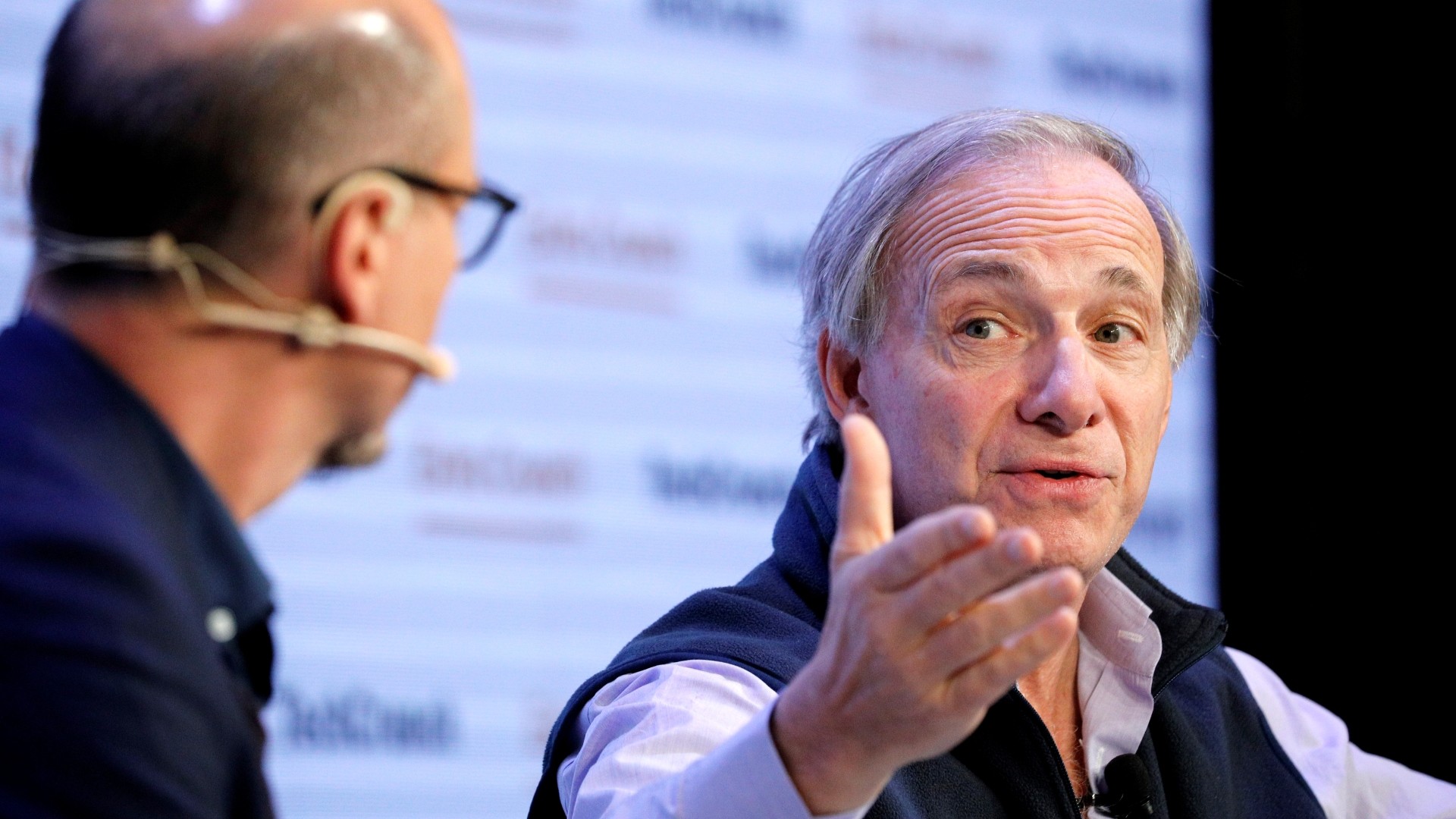Hedge Fund Billionaire Says U.S. Is Sliding Towards 1930s-Style Autocracy
Photo by Techcrunch
Ray Dalio founded Bridgewater Associates in 1975, and ever since then, the fund with $92 billion in current assets has been a major player in finance. While his reputation as something of an oracle is overblown and not supported by his fund’s recent performance, running a fund through this heavily financialized iteration of America has provided him with a unique perspective. Dalio has long spoken of the long and short cycles of capitalism, essentially boiled down to a ballpark of ten-year recessionary and hundred-year depressionary boom and bust cycles, and the market turns to him in times of uncertainty to explain how the doom just around the corner is actually rooted in our past.
As much as professional doomers like Dalio should be called out for getting run over by an endless up only march the last half-century, the structural debt issues they speak to are worth listening to. The bond market sure is, and this time his debt-driven doomerism comes with a political statement too. “Strong autocratic leadership that sprang out of the desire to take control of the financial and economic situation” is how Dalio described Trump taking ten percent of Intel. His stark assertion to the Financial Times that “what is happening now politically and socially is analogous to what happened around the world in the 1930-40 period” is notable, but he also wrote something similar from an economic perspective a decade ago. Doomerism is very much a brand you can sell on Wall Street, and Dalio leans into it.
But the headline here isn’t what the doom and gloom guy said, but that he said it at all. One of the many revealing things about America’s cowardly elite these last several months has been capital’s swift capitulation to fascism. The market’s values of stability and predictability and dependability have all gone out the window because Trump wants to appoint himself as Fed Chair and bring ZIRP back. While the stock market has been driven by retail euphoria over AI driving supposed dot com-style returns and shockingly underpinning a lot of our economic growth, smart money–funds like Dalio’s–has largely spent the year quietly selling. Financially benefiting from fascism even as their trades suggest they do not think they will in the long run in a time where “by some measures, stocks have never been pricier.”
-

-

-

-

-

-

-

-

-

-

-

-

-

-

-

-

-

-

-

-

-

-

-

-

-

-

-

-

-

-

-

-

-

-

-

-

-

-

-

-

-

-

-

-

-

-

-

-

-

-

-

-

-

-

-

-

-

-

-

-

-

-

-

-

-

-

-

-

-

-

-

-

-

-

-

-

-

-

-

-

-

-

-

-

-

-

-

-

-

-

-

-

-

-

-

-

-

-

-

-

-

-

-

-

-

-

-

-












































































































